Few things happened after I published the post “How To Meditate At Office Without Freaking Out Your Colleagues” that made me thought of writing a simple article on what is mindfulness and meditation.
1. Mindfulness Is Not Meditation
A kind-hearted reader pointed out that closing your eyes and bringing awareness to your breaths for 30 seconds is not meditation.
She’s absolutely right. It’s a mindfulness exercise.
Which leads to the point on why I used the term meditate instead of mindful, where in fact those are all mindfulness tips at work.
The term mindfulness and mindfulness has been used loosely and sometimes interchangeably in various articles, like this in Buddha.net or this in Huffington Post.
Sometimes, Mindfulness Is Easy When You Don’t Think About it.

I doubt they would have the time to go through a 2000 words article of what meditation is only to be followed by another equally long article about what mindfulness is all about.
And they are checking out if there are alternatives for busy people like them?
I thought of putting a quick guide of how they can bring mindfulness to their workplace and benefit from the practice instantly, regardless of how well they understand the concept of mindfulness or meditation.
I believe that particular post has achieved its goal of solving the issues of busy people who don’t have time to meditate but still want to enjoy the benefits of mindfulness in their work.
If you disagree with how I achieve my ends with the means, feel free to leave a comment later.
But now, let me share my views of what mindfulness and meditation are for those who are particular of the terms and the practice itself.
What Is Mindfulness?
I’m not really good at writing formal Wikipedia style article and I’m not going into one here.
You’ve probably heard that mindfulness is about living in the present, being here and not dwelling in the past (or future). Or mindfulness is about being aware of what you’re doing.
These are pretty generic definitions. I’ll try to go with more specific examples.
1. Mindfulness Is Being Aware That You’re Angry But Not Responding To Your Anger.
When was the last time you shouted at someone just because you’re offended by his or her actions? What if you are able to watch those angry thoughts calmly without suppressing or exploding in actions that you would later regret?
Think about angry thoughts like a furious stream of a river. You can choose to get caught in it, or you can observe it without getting your feet wet.
2. Mindfulness Is Planning Your Future Without Getting Caught Away
Mindfulness may be all about being in the present, but it doesn’t mean you can’t make plans for your future. But it is so common that you lost yourself in imaginations when you start setting visualizing your goals.
Planning to buy a new house often leads your thoughts to the interior designs, having a family, and the wonderful BBQ party you’ll do every weekend. Only to have those clouded by thoughts of how you’re going to afford the mortgage, getting a promotion, making more money, etc.
Before long, you are lost in your wild imaginations rather than taking realistic steps to follow your plan.
There’s a difference between planning and drifting away with unrealistic expectations. Being aware of your thoughts keep you on solid ground.
3. Mindfulness Is Not Forgetting Where You Put Your Keys
You’re in a shopping mall when you realized that you don’t have your house keys with you. You remembered that you took your keys with you when you leave your home. But you can’t seem to find it in your pockets.
You rushed to your car panicking, but there’s no sign of it there either. With your shopping mood long gone, you rushed back home hope fearing the worst.
Yes. You found that you did not lock your house before leaving.
This is mindfulness, or rather the lack of it in your daily life.
4. Mindfulness Is Knowing When You Make Emotional Decisions
But taking into consideration the logic and facts as well.
It’s easy to say that you should stay away from making emotional decisions. But we are all emotional creatures and making cold decisions based on logics alone is almost impossible.
Mindfulness allows you to have the ability to stop yourself from making impulsive decisions based on emotion alone.
(And you wonder why people got scammed online or landed themselves into massive credit card debts.)
5. Mindfulness Is A Living Skill
Yes, it is a skill where you train your mind to be more aware of its thoughts and actions that precede them. It is a skill just like walking, writing, talking but it can be hard to grasp because of it’s an abstract concept.
Which is why I created this post to get people to take mindful action without spending time analyzing it.
No. Thinking about mindfulness is not the same as practicing it.
And if you want further explanation of what mindfulness is, my blogging friend James wrote a good article about it here.
What Is Meditation?
Sitting in a half lotus posture with eyes closed and contemplating great thoughts on life?
You’re half right, except it is more on building your awareness or the various faculties of your mind. You become more focus, compassionate, or mindful as a result, depending on which types of meditation you practiced.
Yoga International put it as,
Meditation is a precise technique for resting the mind and attaining a state of consciousness that is totally different from the normal waking state.
Check out the full article here.
Else, read on.
Now, if you think mindfulness as a skill, then think meditation as the environment conducive to learning and practicing the skill.
Just like you want to learn chemistry. You can start reading some guides and start mixing chemicals around by yourself.
Or you can get into a college where you have courses and labs for you to experiment safely. And a lab technician watching over you in case you blew up the place.
Well, that’s what meditation is all about. It’s for you to turn inward to your mind and develop the various faculties that you can apply in your life.
There are many types of meditation that you can learn. This article gives you a comprehensive list of 23 Types of Meditation. Some involve visualization and mantras. Others may be more about building awareness.
My favorite? Mindfulness meditation.
Why? Because the technique practiced in mindfulness meditation can be easily adapted to our daily life.
I’m not putting down the other forms of meditation (I did practice a few forms) but I’m reasoning on how we can use it effectively in our busy lifestyle.
Mindfulness Meditation Doesn’t Belong To Any Religion (Or Culture)
I think this deserves an article by itself do justice, as mindfulness meditation is a popular practice in the Buddhist culture. It goes by the name of Vipassana meditation (loosely translated as insight meditation).
I’m not going to go into detail on what’s the difference between Vipassana and the secular mindfulness meditation here. It’s safe to say that the core technique of mindfulness meditation is not religious.
What does awareness of your thoughts and breathing have anything to do with religion? Nothing at all.
Practicing mindfulness meditation doesn’t make you more “Buddhist”, and vice versa. The technique is secular in nature. And the benefits are proven scientifically. Check out this mega list of proven benefits of mindfulness meditation.
Can You Practice Mindfulness Without Meditation?
The short answer is yes.
My post on How To Meditate At Work has received a good response from readers. It gives them an option to practice mindfulness without meditating.
Here’s one of the feedback.
When people actually benefit from the practice of mindfulness without meditating, what are the chances that they will actually allocate time to meditate if the awareness and the benefits are many times more intense for a practicing meditator?

Or you can check out my review of a 5 weeks online meditation course by Giovanni Dienstmann.
If you think this article has been helpful to you, do share with your friends.
Over To You.
What are your beliefs on meditation and mindfulness? Are you convinced that you’ll fare better in life and work incorporating mindfulness into what you do? What’s stopping you from meditating? Share your thoughts with me.
Related :
Why Scorpio Should Start With Loving Kindness Meditation (NEW)
What Do You Think When You Meditate And Why It Matters
Why Mindfulness Practice Is Simple But Not Easy In Daily Life
21 Mindfulness Meditation Tips To Keep Meditation Simple


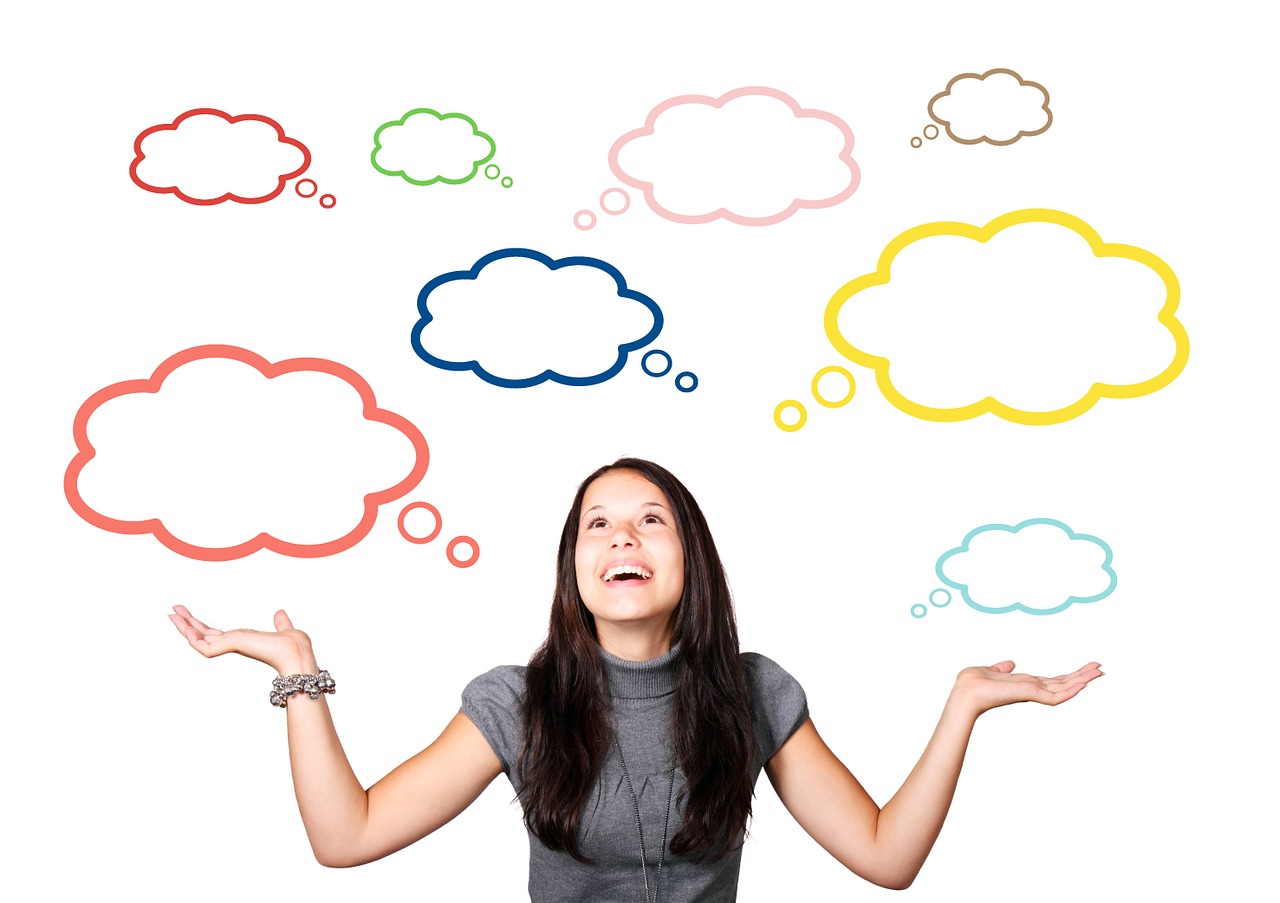
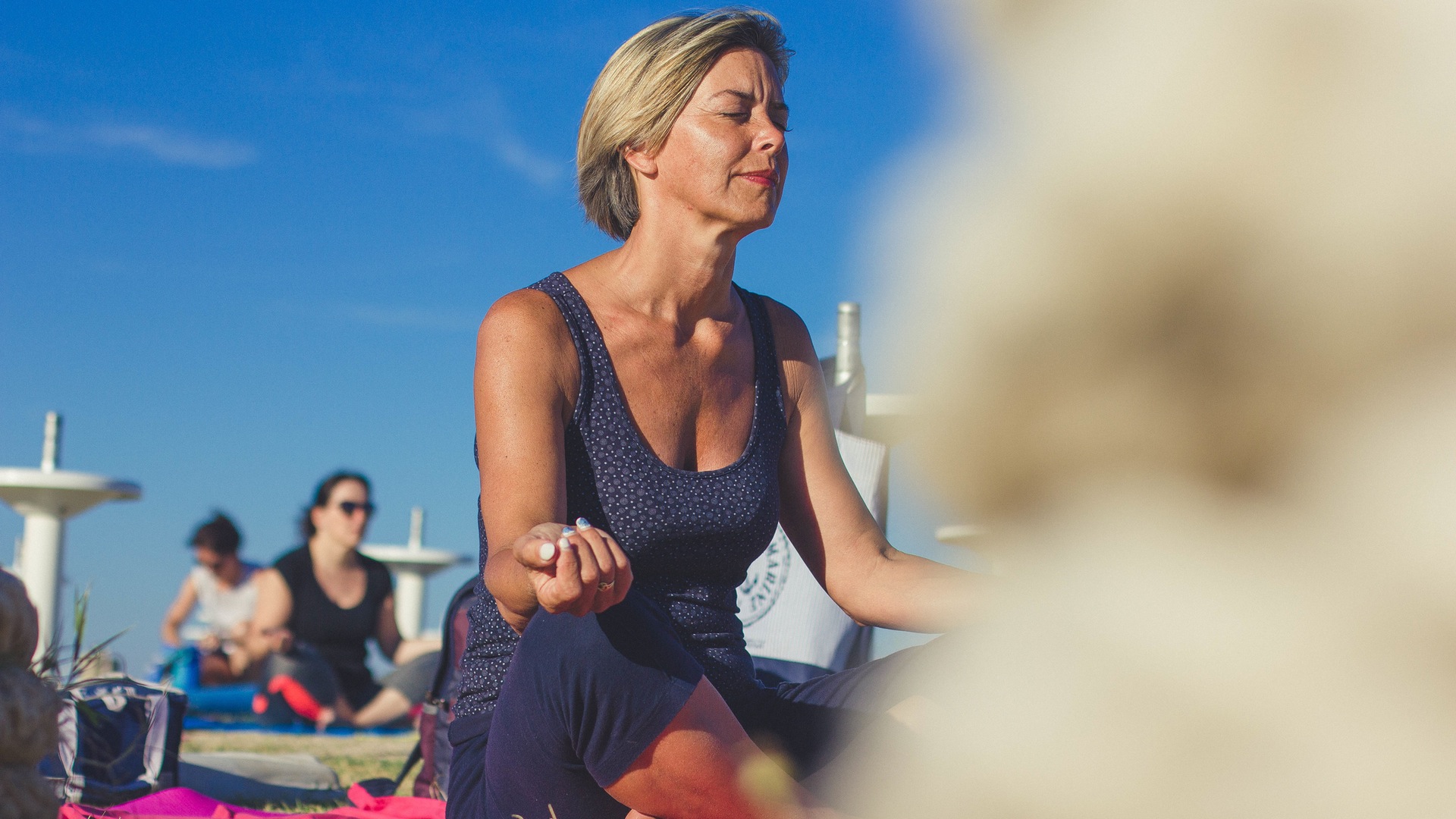
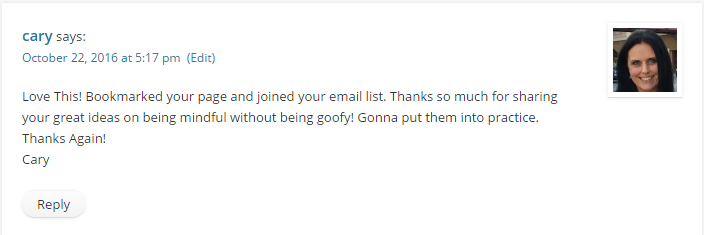
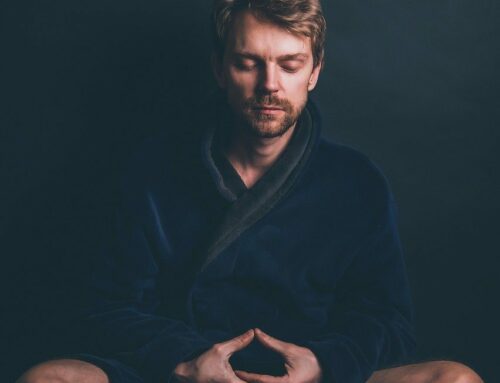
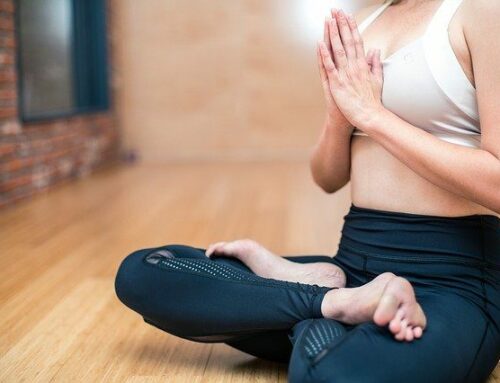

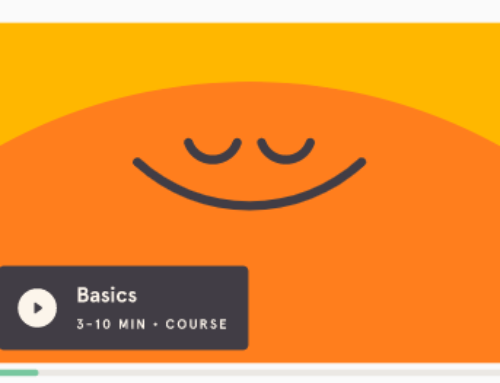
OK, I get it, what is mindfulness without old school meditation? Here you are trying to explain the difference between mindfulness and meditation, right? So, I suppose that mindfulness is the new way of keeping your mind at peace without really drawing attention.
However, I generally understand the objective of this article and even more about the art of mindfulness. Thank you so much and I think you are good at what you do.
Hi Nnamdi,
That’s the message that I’m trying to get across. Thanks for sharing your thoughts.
Cheers,
Kenny
Great Website ……..Mindfulness needs to be taught as many people are too into their make believe “dramas” and Pain Bodies as Eckhart Tolle has said. If fact it is essential that we wake up to the now and that is a great way to achieve mindfulness.Keep up the good work because even some of the most savage grueling work can wake a person up and create an acceptance of the now……..I wish you lots of success because many people are trapped in their own dramas.An excellent idea for a website !
Hi Martin,
Thanks for sharing your thoughts. Most of our anxiety and depression are caused by our reluctance to let go of the past or forever worrying about the future. Mindfulness gives us a breathing space in between.
Thanks for reading.
Cheers,
Kenny
Bookmarked your site for future reference.
Really intriguing article. I don’t meditate, but I occasionally practice EFT by tapping on certain pressure points on my body.
I truly believe such things are essential to making us feel ‘right’ and to help us put ourselves in the correct frame of mind for work or whatever the day brings.
Hi Josh,
I’ve heard of EFT. One fellow blogger writes about it. I think yes. It is beneficial in its own way.
Cheers,
Kenny
I meditate sometimes 10 minutes and up to 1 hour per day. It gives me peace, it helps me stay focused and it helps me live my life to the Nth degree. It also helps me manifest whatever I need whenever I need it. You are right…we all need old school meditation in our lives. I wish you must success.
Hi,
Thanks for sharing your thought. Meditation just amplifies whatever meditation practice we are already doing in our life.
Cheers,
Kenny
HI there,
What an absolutely fantastic description of what mindfulness is exactly, something I struggle to describe myself despite practicing mindfulness for about 4 years now.
Mindful meditation I just sit focus on my breathing a little, for 1 min is enough. Then ask “what can I hear” it becomes crystal clear (my hearing) and I start hearing things I was previously unaware of, like the fan in the background, what can I see?, what can I feel? are other questions I ask.
It brings you right into the here and now.
Hi Derek,
Thanks for sharing your experience of mindfulness practice. I believe you have good grasp of the practice itself. It sounds simple but what people don’t realize is it takes sometimes years of practice to build solid awareness in our life.
Cheers,
Kenny
This is an excellent article on the difference between mindfulness and meditation. I truly had not really thought of them being different before, or what exactly mindfulness itself meant. I understand it’s being in the now, but I like how you talk about how mindfulness is also remembering where you put your keys and remembering to lock your house. This is so me! These are simple things but this is what makes up our daily lives. I’ve been challenged to be more mindful in my daily life and I appreciate your post. Thanks.
Hi Jill,
Mindfulness is simply the practice of bringing awareness into our daily life. The more we do it, the less of a scatterbrain we are.
Thanks for reading.
Cheers,
Kenny
As an avid mindfulness practicer, I found this article to be very helpful to those who may not know or struggle with being mindful. The way that you differentiated between mindfulness and mediation was pure gold because that is a common misconception I noticed and people will stray away from mindfulness because they think it is crazy meditation practice. Super good work here. I will definitely keep reading your content.
Hi Chase,
Thanks for sharing your thoughts here and it’s glad to know what I’m writing is of value to others.
Cheers,
Kenny
What is mindfulness without meditation?
Well, you answered it brilliantly Kenny!
Your posts keep getting better and better.
Meditation is KING
Thanks =)
Hi Lawrence,
Thanks for checking out my post and your good comment.
Cheers,
Kenny
Interesting post, I believe mindful meditation is what means to you. Whatever resonates with you. I believe it is self-awareness and being aware of your surrounding and being in that ‘moment’. You don’t necessarily just sit there and close your eyes, it is what makes you have a moment of complete conscious thinking. Like watching the sun set to me is being mindful. 🙂
Hi Dawna,
Mindfulness is awareness at its purest state. I’m glad you found your mindful moment.
Cheers,
Kenny